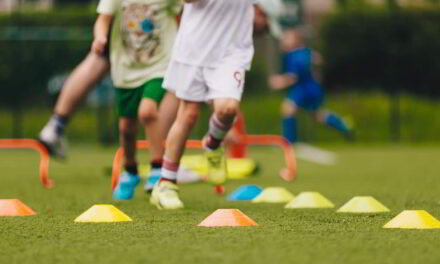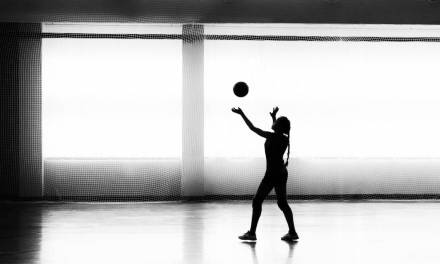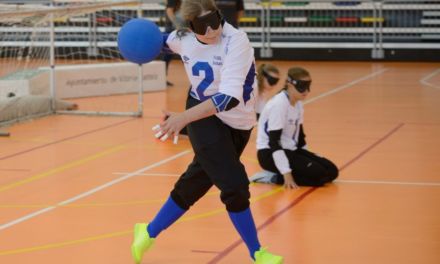Physical education plays a pivotal role in the holistic development of school pupils, and its significance is particularly pronounced for students with special educational needs (SEN). PE can be a powerful tool to enhance not only physical health but also emotional well-being, social skills, and academic performance for these students. Tailored PE programs can address diverse needs, foster inclusion, and promote a sense of achievement and confidence. Below are 5 ways in which PE can support students with SEND.
1. Physical Benefits and Motor Skills Development
For students with SEN, engaging in physical activities can improve motor skills, coordination, and overall physical fitness. Children with conditions such as autism spectrum disorder (ASD), Down syndrome, or cerebral palsy often face challenges with motor coordination and muscle tone. PE programs can be adapted to include exercises that specifically target these areas, helping students develop better control over their movements, improve balance, and increase strength. Enhanced physical capabilities can lead to greater independence in daily activities and a higher quality of life.
2. Emotional and Psychological Advantages
Physical education also contributes significantly to the emotional and psychological well-being of students with SEN. Regular physical activity is known to release endorphins, which can alleviate symptoms of anxiety and depression. For students who may struggle with communication or social interactions, PE provides a constructive outlet for frustration and stress. Engaging in sports and physical activities can boost self-esteem as students achieve personal goals and receive positive reinforcement from peers and instructors.
3. Social Skills and Inclusion
PE offers a unique opportunity for students with SEN to develop and practice social skills in an inclusive environment. Team sports and group activities require cooperation, communication, and understanding of social norms. These settings encourage students to interact with their peers, fostering friendships and reducing feelings of isolation. Inclusive PE programs, where students with and without SEN participate together, promote empathy, respect, and acceptance. This inclusive approach not only benefits students with SEN but also educates their peers about diversity and inclusion.
4. Cognitive and Academic Impact
There is a growing body of research suggesting that physical activity can enhance cognitive function and academic performance. For students with SEN, improved physical health and well-being can translate into better focus, memory, and classroom behaviour. Activities that combine physical and cognitive challenges, such as obstacle courses or strategy-based games, can stimulate cognitive development. By integrating PE with academic content, educators can create multidisciplinary lessons that reinforce learning in a dynamic and engaging manner.
5. Adaptations and Specialised Instruction
To maximise the benefits of PE for students with SEN, it is crucial to implement adaptations and provide specialised instruction. This might include using visual aids, modifying equipment, or breaking down activities into manageable steps. PE teachers should receive training in recognising and addressing the diverse needs of students with SEN, and collaborate with special education professionals to develop individualised education plans (IEPs) that include physical activity goals. This does NOT have to be a time-consuming process- high-quality, free resources can be found online (SEND PE Activities – Youth Sport Trust). Moreover, involving parents and caregivers in the planning and implementation of PE programs can ensure that the activities are relevant and supportive of each student’s unique needs.
Embed an online platform to support SEND
PE Office is an online resource platform that is a one-stop shop that meets all PE teachers’ needs. With comprehensive lesson plans, scheme of work and assessments it’s the perfect platform to reduce PE teacher workload and integrate inclusive lessons so all students can thrive. Make sure to visit the website, call 01909 776900 or send an email to mail@peoffice.co.uk for more information.










